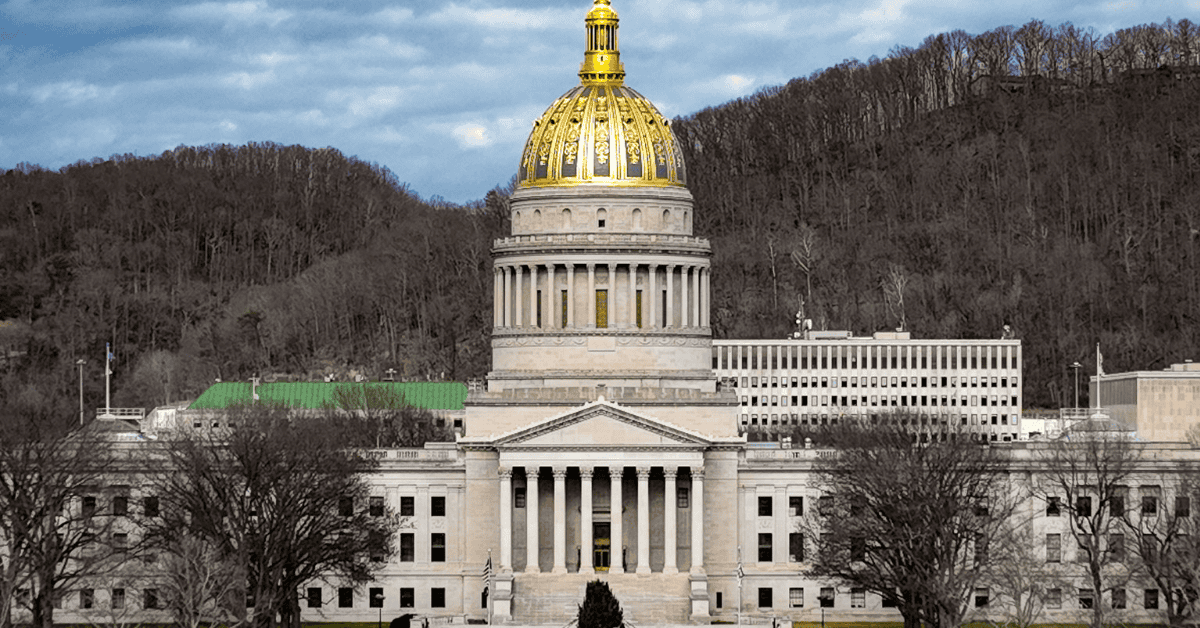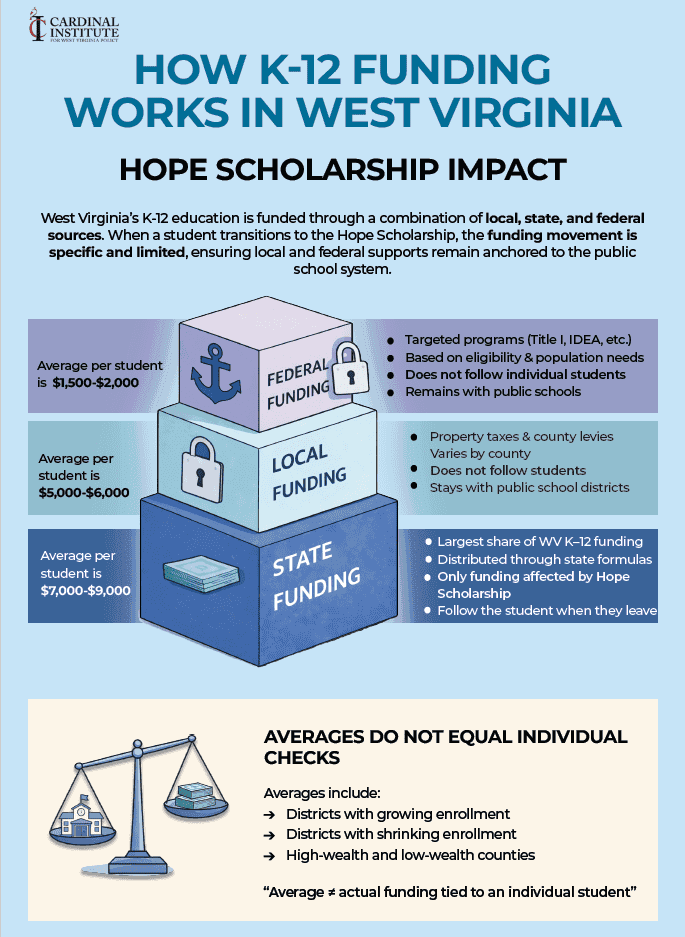
Scope of Practice Regulations in Health Care: A Growing Body of Research
Scope of Practice Conference in West Virginia
Last week, I had the opportunity to join friends and fellow policy wonks in Morgantown for two jam-packed days of research presentations and discussions about scope of practice regulations in health care. This conference, co-hosted by our friends at the Knee Regulatory Research Center and Pacific Legal Foundation provided attendees with insights about the history of such regulations, impacts thereof, and ideas for how to streamline reforms.
Full Practice Authority for Nurse Practitioners
Many of the research projects being discussed during the conference focused on the effects of expanding scope of practice for nurse practitioners (NPs) to what’s known as full practice authority (FPA). In the academic literature, FPA means two things for NPs:
1. No physician supervision is required, and
2. NPs can prescribe a full range of medications.
The scholars presenting their research asked questions regarding:
- Entrepreneurship among NPs
- Childhood primary care outcomes
- Healthcare expenditures
- Maternal-Infant health outcomes
- Healthcare access
- Labor migration
- Supply of prospective NPs
- Opioid prescribing
As you can see, there are many margins for researchers to examine when we consider the possibility of allowing NPs to play a larger role in the already-strained healthcare ecosystem. I was lucky enough to hear about the ones mentioned above, but this only scratches the surface of the research being undertaken on all manner of scope of practice questions across healthcare occupations.
The Benefits of Expanded Scope of Practice for Nurse Practitioners
The good news is, there are benefits across the board when nurse practitioners are granted full practice authority in respective states. This is especially true in primary care. Scholars find evidence of more NPs striking out on their own and providing more access to care. Mothers, babies, and children experience better health outcomes. NPs are no more likely to be prescribing opioids to patients than physicians. These skilled nurses are likely to move to states where they can have more professional autonomy. The care they provide is likewise more affordable for the communities they serve.
So, the evidence clearly suggests that policymakers of all stripes should allow nurse practitioners to have full practicing authority.
West Virginia is Ahead of the Curve
The better news is – West Virginia already took this step in 2016. So, our fellow Mountaineers have been able to enjoy many of these benefits for some time now.
As the body of research on scope of practice grows related to other healthcare professions, we should keep our eyes open to the evidence and keep our minds open to further policy changes to continue making healthcare more accessible and affordable to all West Virginians.








